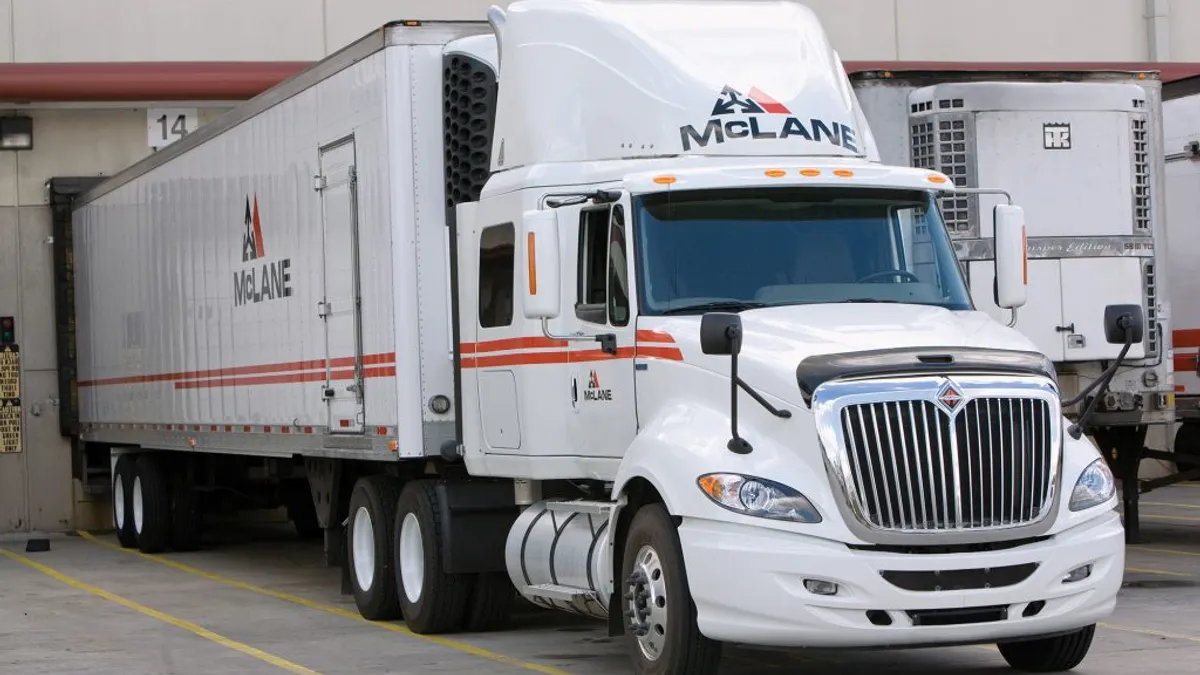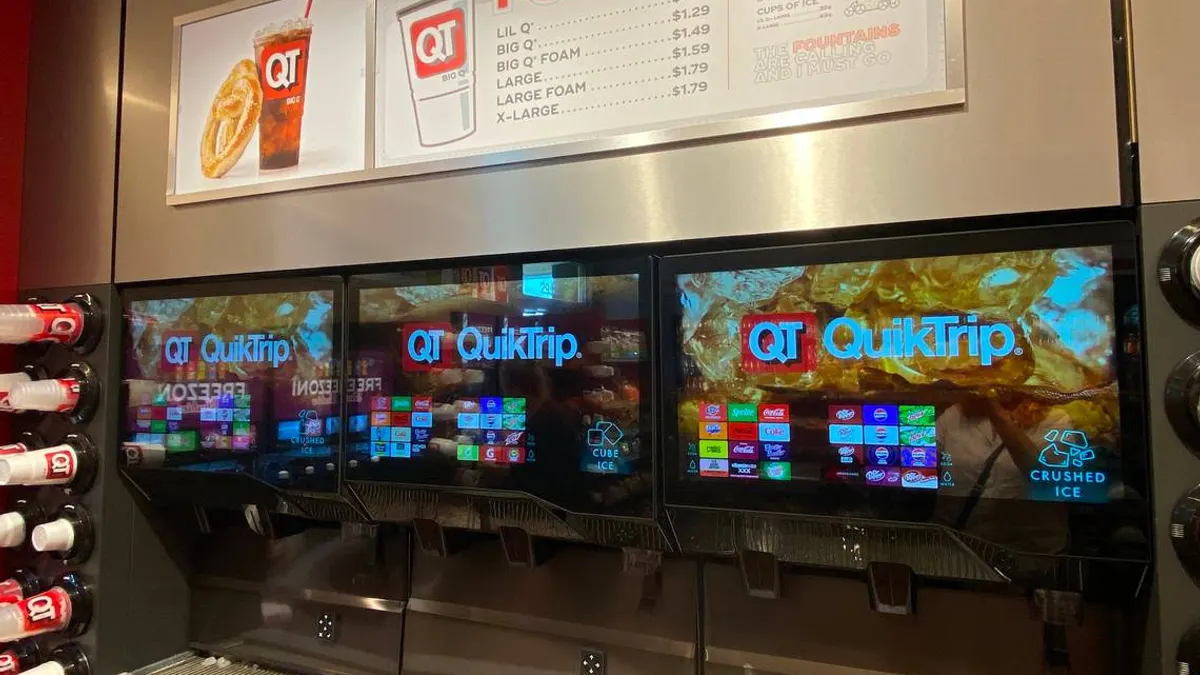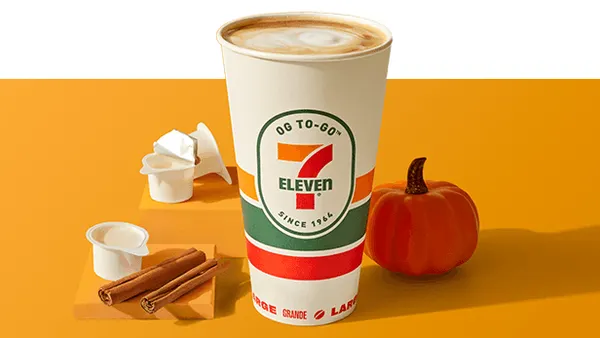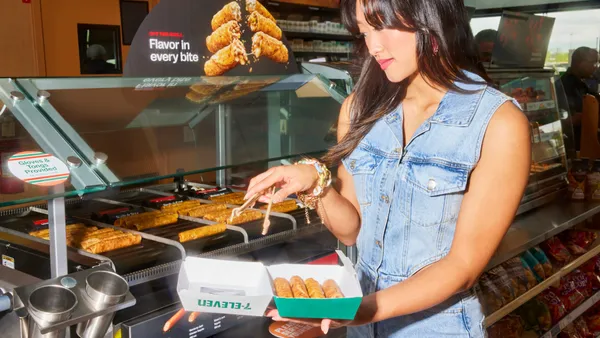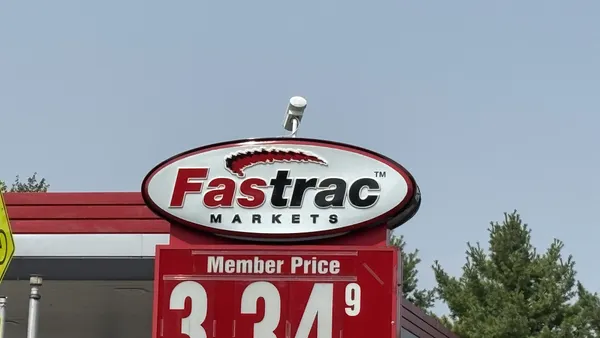McLane’s foodservice programs are well known across the c-store industry. The Temple, Texas-based company has been servicing the industry for decades, dating back to the 1960s, when it began tailoring its distribution business to c-stores.
But McLane has increased its investment in the industry over the past couple of years. In 2023, it debuted McLane Fresh, an expanded retail foodservice program created to meet consumers’ growing expectations for healthy, quality food at convenience stores. The program’s Central Eats line — which features pre-packaged grab-and-go cold items — was at the center of the launch.
That effort reached new levels last summer when McLane debuted its national commissary program for convenience retailers that use Central Eats. Operators in the program now have access to products like subs, sliders, salads and fruit cups through the commissary, as well as snack trays, veggie cups, oatmeal and parfaits.
The commissary program, which McLane does not have a single location for but is running through its 80-plus distribution centers, ensures all merchandise components — such as the bread, meat, cheese and sauce in a sandwich — are packaged and shipped together to avoid the headache of having to seek these items out separately, McLane Vice President of Retail Foodservice Jon Cox said in an interview.
The main goal of the program is to make life easier for convenience retailers, Cox said, many of whom struggle to find and retain the optimum number of store workers.
As the industry faces foodservice supply chain challenges with prices continuing to rise and tariffs looming, programs like McLane's could become a haven for c-store retailers looking to save on costs and labor.
“If we could take the labor out of it for our customer, could it create a better value proposition for them to be able to sell the product?” Cox said. “That's really how it kind of came to be.”
How it works
The commissary program supports both large and small c-store operators with “flexible piece-pick ordering,” which reduces waste and enables customization by location, McLane said at the time of the launch. Once a retailer places their order, the commissary delivers to the closest McLane’s distribution center, which then brings the order to the retailer.
All non Central Eats orders will be included in the same shipment to optimize efficiency, Cox said.
“The McLane truck shows up, you get all of your other goods that you would normally get, and you get your commissary [orders] as well — so no more interruptions for the teammate,” Cox said.
Cox emphasized the commissary’s ability to offer c-stores “a fully finished product” versus supplying multiple components or a retailer having to seek out extra parts for an item. Removing these extra steps for retailers to save time and stress around sourcing heavily played into McLane’s decision to launch the program, he added.
“If we could take the labor out of it for our customer, could it create a better value proposition for them to be able to sell the product?”

Jon Cox
VP of retail foodservice, McLane
“Think about the complexity of having to go out and source meat and cheese and bread and packaging for containers and having to worry about [getting] all of those into place,” he said.
Cox said that since many of McLane’s team members have worked in the c-store industry — he was a senior director and VP at GetGo Café + Markets for nearly a decade — they can “feel the pain of the labor constraint” of the day-to-day c-store operations.
“I think being able to relate to what our customers are going through enables us to be able to create programs for them,” he said.
McLane’s entire food business, now including the commissary, aims to maximize retailers’ sales and profits while acting as a plug-and-play tool for the operations, Cox said. That means giving them the best chance of success without the need for a chef or a large team.
“We understand that our retailers are looking for that high-impact, low-labor solution, and I think we've been able to unlock that for them.”



